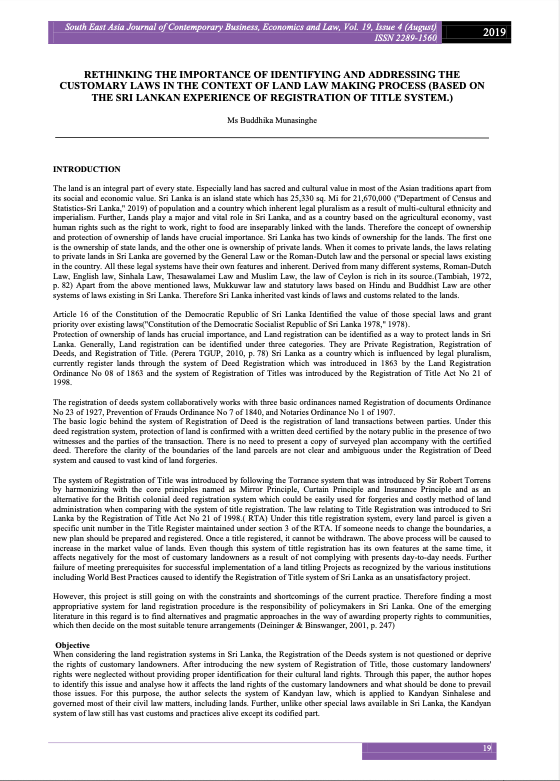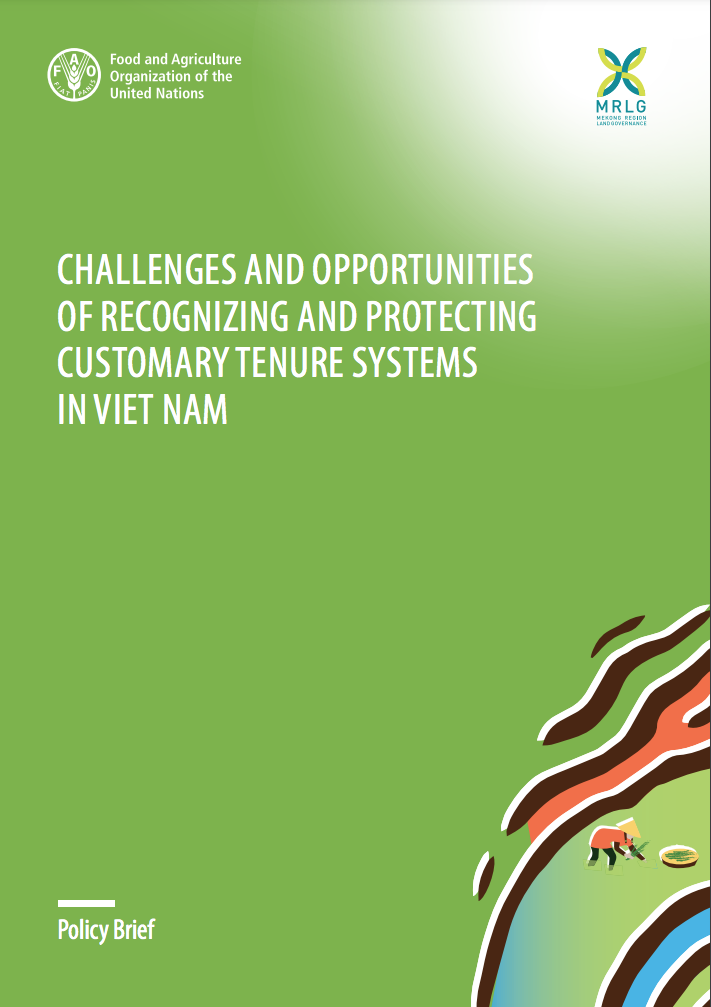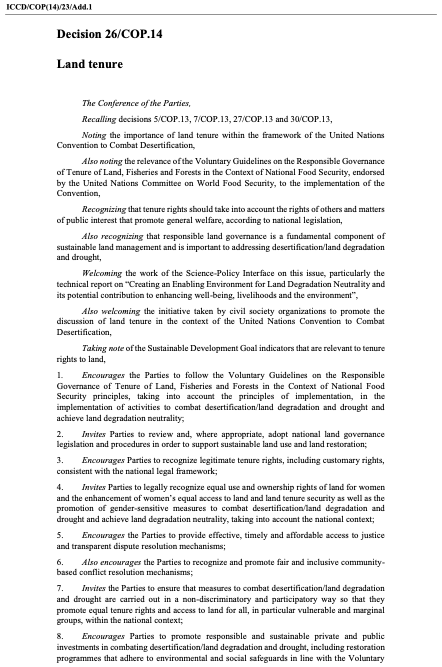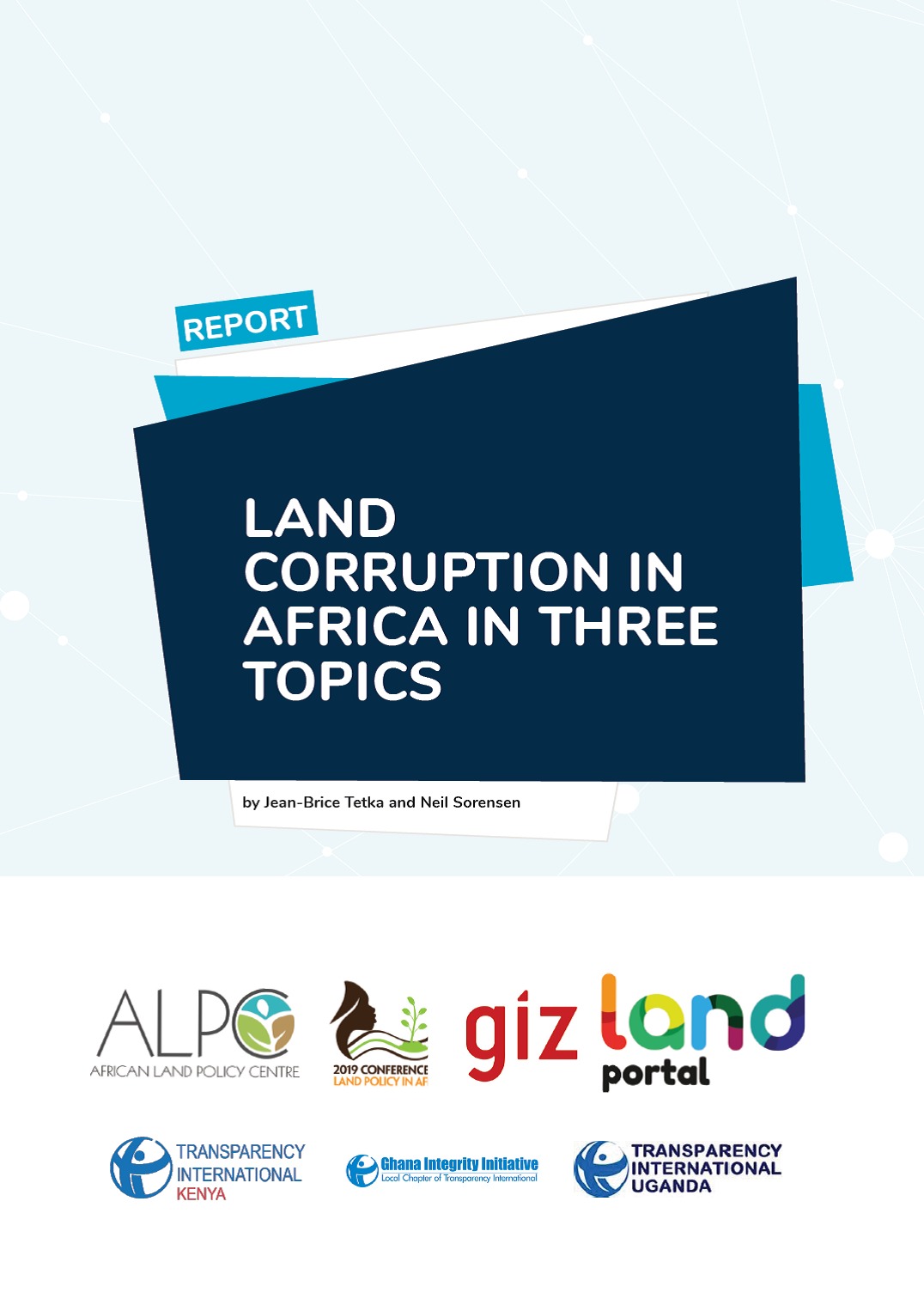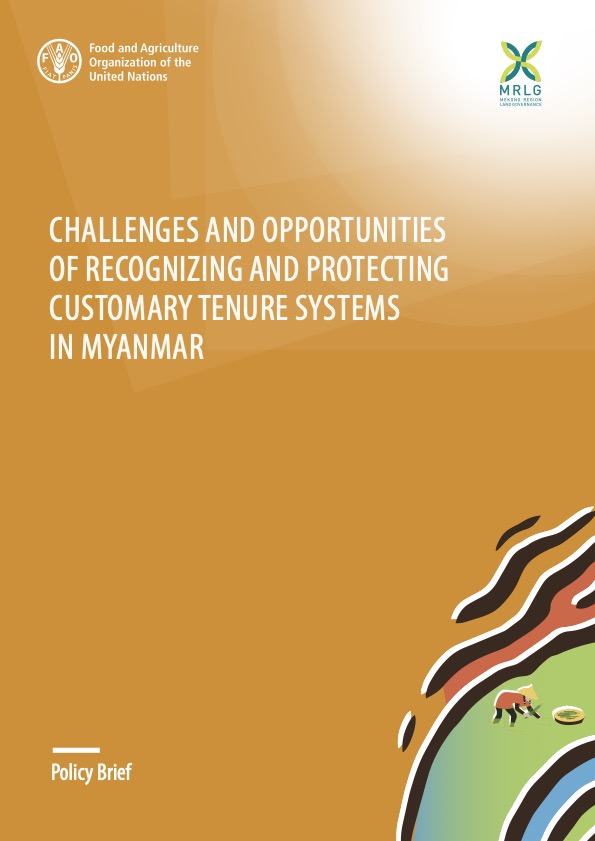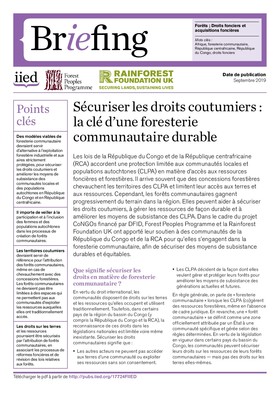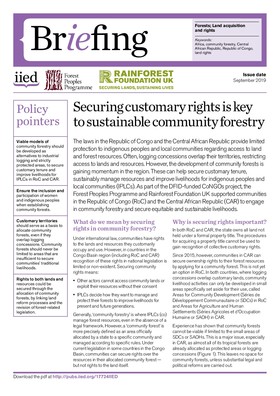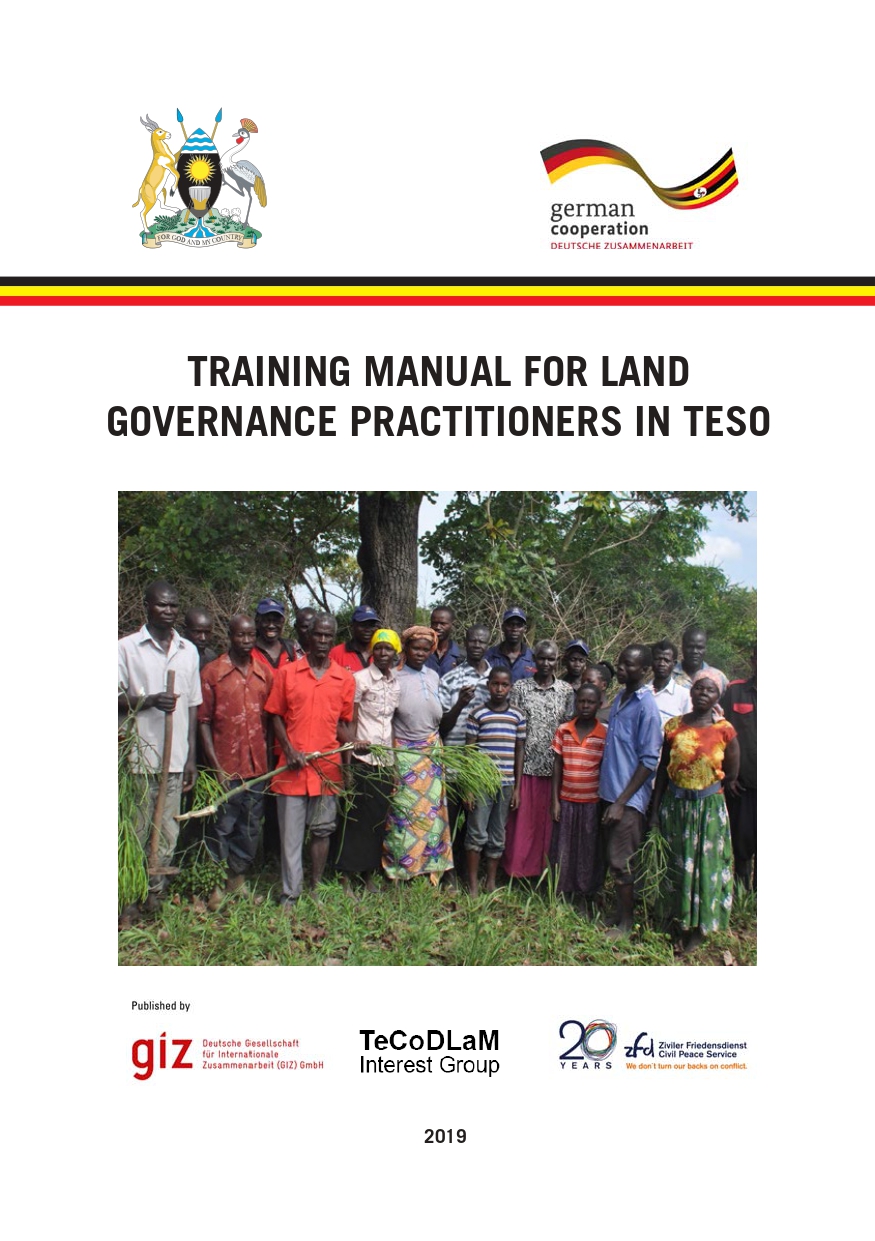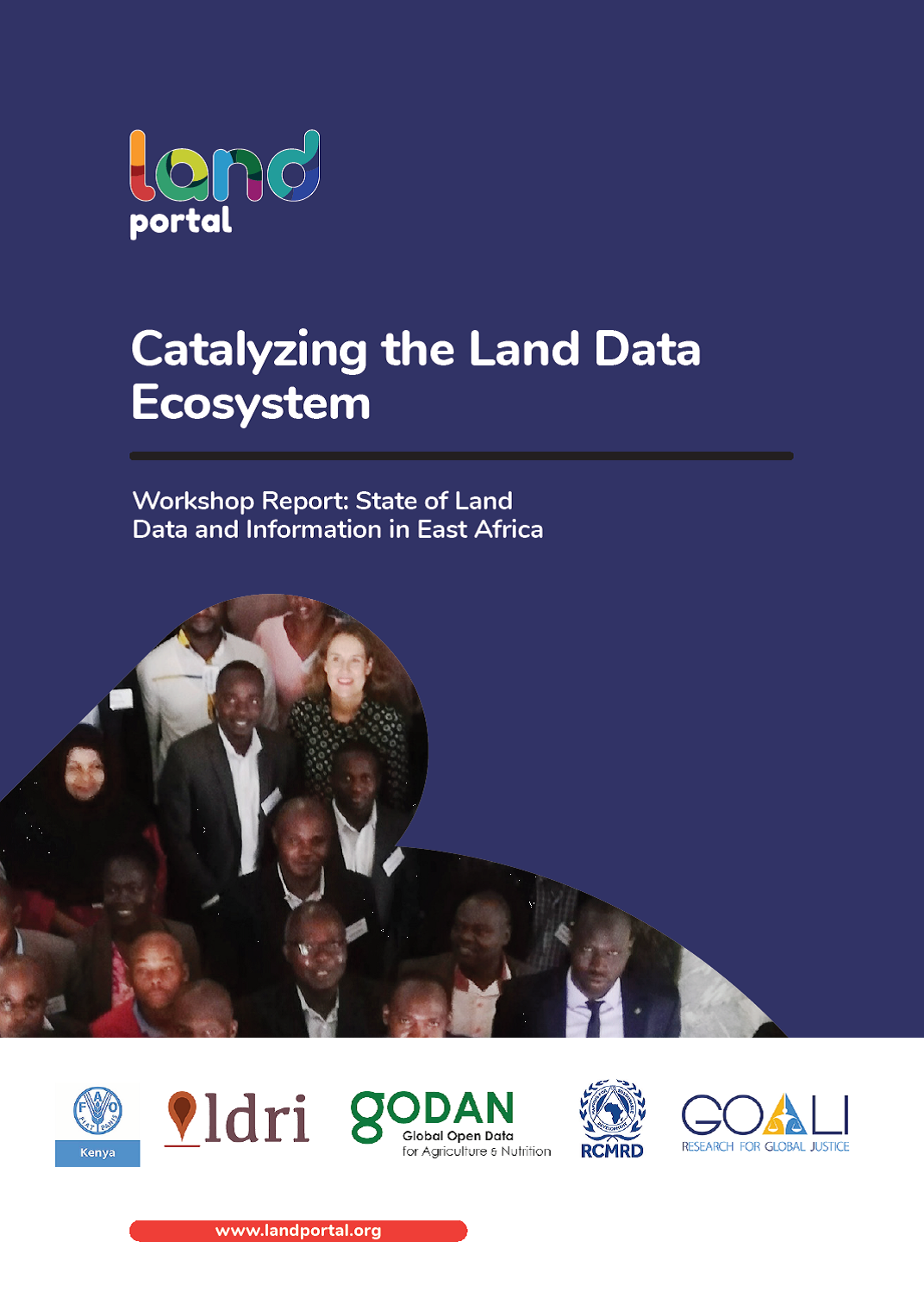Rethinking the Importance of Identifying and Addressing the Customary Laws in the Context of Land Law Making Process (Based on the Sri Lankan Experience of Registration of Title System)
The land is an integral part of every state. Especially land has sacred and cultural value in most of the Asian traditions apart from its social and economic value. Sri Lanka is an island state which has 25,330 sq. Mi for 21,670,000 ("Department of Census and Statistics-Sri Lanka," 2019) of population and a country which inherent legal pluralism as a result of multi-cultural ethnicity and imperialism.

